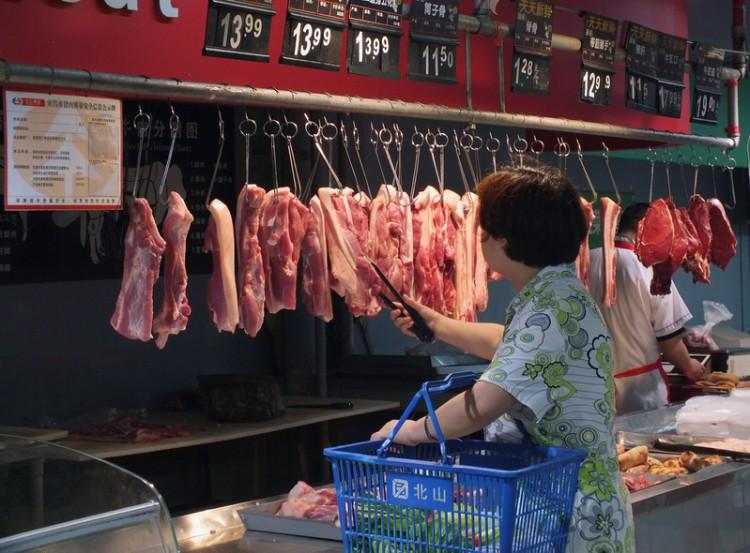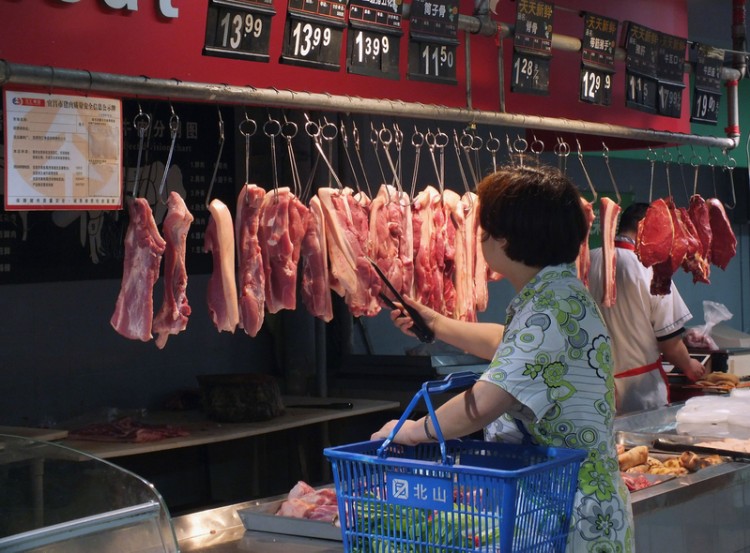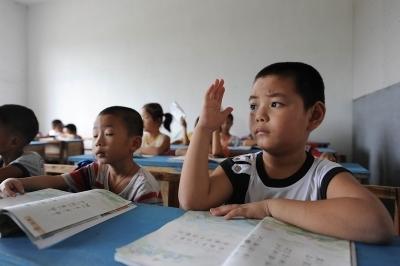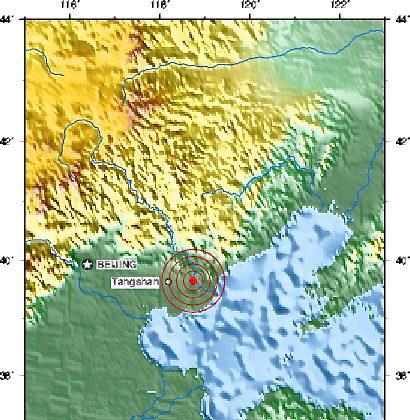China’s July Consumer Price Index (CPI) rose 6.5 percent compared to last year, the Bureau of Statistics announced Aug. 9. Experts assert that China must brace for a bout of long term inflation and that the government’s overinvesting must share part of the blame.
The CPI is now at its highest level in 37 months with the always politically sensitive food component up 14.8 percent, led by pork prices, which have jumped 56 percent higher than 2010.
To combat the rapid inflation, China’s central bank has raised official interest rates five times since Oct. 2010 and increased bank reserves 12 times, but these monetary policies seem to have had little effect on inflation.
Scholars had predicted that mainland China’s July CPI would rise. A Ming Pao report on Aug. 9 told of how, even before the Bureau of Statistics released its report, an economics professor at the Beijing Institute of Technology, Hu Xingdou, was anticipating a July CPI over 6 percent, possibly approaching 7 percent.
Prof. Hu believes that China has entered the stage of long term inflation for food products, meaning that “fighting inflation will be the centerpiece of China’s future economic policies.”
As for the cause of inflation, an article in Caixin, a finance magazine, on Aug. 9 blames social spending and says that to control inflation, total social spending must first be controlled. Total social spending for the first half of this year was 1.2 trillion US dollars, of which net new financing accounts for 38 percent of the GDP, far greater than the pre-financial crisis level of 22 percent.
Yet, the article further states, this year is the first of China’s “12th 5-Year Plan”, so state-mandated projects will only increase. If the frenzied investment spending is not controlled, total social expenses definitely can’t be reduced and inflation will continue.
A slightly more optimistic view comes from an economics professor at Beijing University, Wang Dashu, who told the Economic Information Daily that imported inflationary pressure is an important part of the current round of price increase. Recently the rating agency Standard & Poor’s downgraded the credit rating of the U.S. government from AAA to AA+, which caused decline in international commodity prices. As a result, the natural fall of these prices may ease the future pressure on commodity prices in China.
With regard to CPI, some Chinese economists believe that inflationary pressures will remain high for the third quarter, but might come down during the fourth quarter.
Chen Xingdong, chief economist with BNP Paribas Asia, told Economy & Nation Weekly magazine that the increased cost of labor, land, and resources all contribute to a rising CPI, and that the wage-price spiral will be the long term factor that pushes commodity prices up. That is, as the cost of living rises, workers will demand higher wages to compensate.
According to an Economy & Nation Weekly report on Aug. 9, Agricultural Bank of China senior banking executive He Zhicheng says that China’s long term inflation rate will stay around 5 percent, for about five years.
Historically, inflation has always been tied to social unrest in China. Recent social disturbances and strikes can be traced to the fact that the poor, such as migrant workers who have been denied their wages, have to spend up to a third of their income on food.
The combined inflationary effects of state spending, growing consumerism and consistently high raw materials prices will be arrayed against the internal monetary restrictions and a deteriorating global economy and its deflation. Whether China can maintain consistent economic performance and provide security for its citizens is a conundrum beyond any economist’s crystal ball.
Rean the original Chinese article.
[email protected]
China’s CPI at Three Year High
The CPI is now at its highest level in 37 months with the always politically sensitive food component up 14.8 percent.
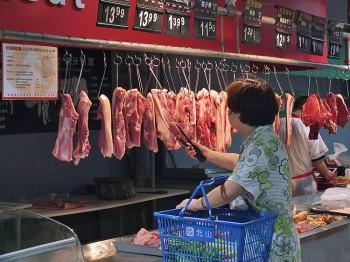
By Lin Congwen
8/10/2011
Updated: 10/1/2015
